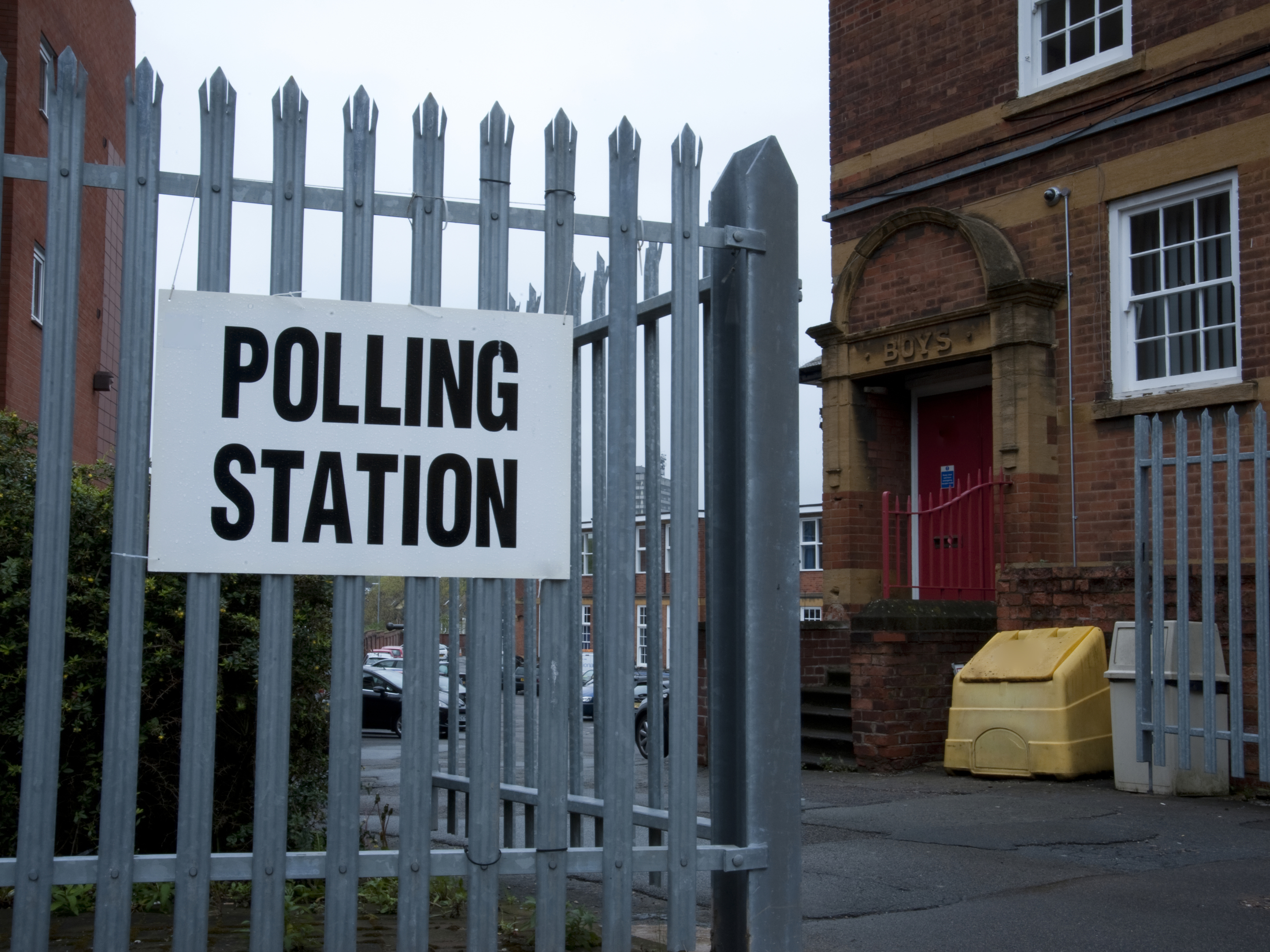
NEARLY half of Scots think who is in government makes no difference to their lives, a new poll has found.
A total of 40% of people said who was in charge of the country was irrelevant to them, while 42% of non-voters felt that they did not have someone to vote for who “understood their life”.
But the research for the Electoral Reform Society Scotland did find significant numbers of non-voters are engaged in discussions about their community and about general politics.
Around one in four of the people who said they will not vote in next month’s General Election said they did discuss politics with friends and family.
Jonathon Shafi, Electoral Reform Society Scotland campaigns officer, said: “We find time and again that the claim that those who are not voting are totally apathetic is simply untrue.
“We find that large sections of those who don’t vote regularly discuss politics with friends and family.
“That is politics, just not in the ‘formal’ traditional sense: after all, this comes down to getting the power and resources to change things.”
He continued: “Where we do find a disconnect with politics? It comes down in part to a strong feeling that their vote doesn’t make a difference.
“At a more personal level, they also feel that politicians don’t understand their lives, never mind being able to change it.
“This is an issue of political culture and how parties and politicians communicate with the public.
“But it’s also about how we deepen democracy and bring decision-making closer to communities.”
The data came from a poll by BMG Research, with a 1035 Scottish adults questioned between May 5 and 11.
Meanwhile, back on the General Election campaign trail Gordon Brown has branded the Tories and the SNP as “collaborators” in rising child poverty, as he warned that only Labour will prevent a fall in living standards.
The former Prime Minister took to the election campaign trail in Greenock, Inverclyde and said 20 million people across the UK will see a £1000-a-year fall in living standards under a Tory government.
Mr Brown said: “In the 1980s under Mrs Thatcher, three million children were in poverty. By the time the Tories left office in 1997, there were four million children in poverty.
“We brought poverty down by raising child benefit, with child tax credits, the minimum wage, but then, after 2010, poverty started rising again.
“The Scottish National Party are collaborators in this rise in poverty and this attack on living standards.”
But SNP depute leader Angus Robertson hit back at the former Prime Minister. He said: “The fact that Gordon Brown was too embarrassed to even mention Jeremy Corbyn shows he knows that Labour is no longer capable of standing up to the Tories.
“Labour and the Tories worked together to leave the powers that drive poverty and inequality in the hands of the Tories at Westminster. Labour would rather see a Tory government than bring the powers Scotland needs into Scotland’s hands.
“The SNP are the only effective opposition to a Tory government and their cuts agenda.”

Enjoy the convenience of having The Sunday Post delivered as a digital ePaper straight to your smartphone, tablet or computer.
Subscribe for only £5.49 a month and enjoy all the benefits of the printed paper as a digital replica.
Subscribe